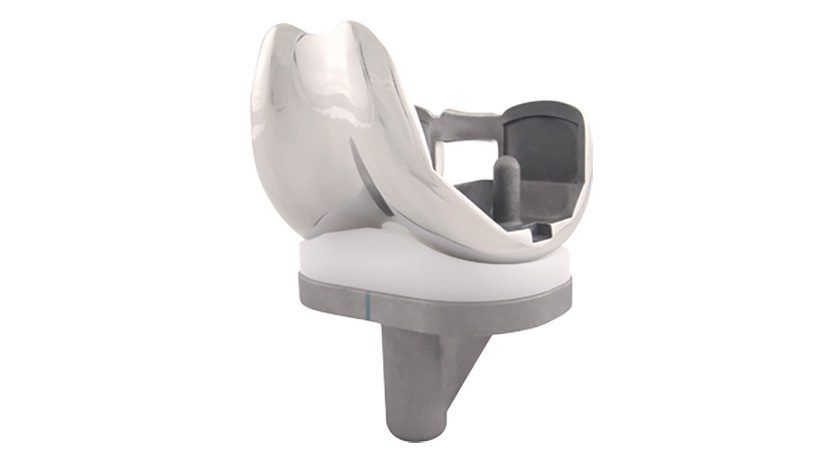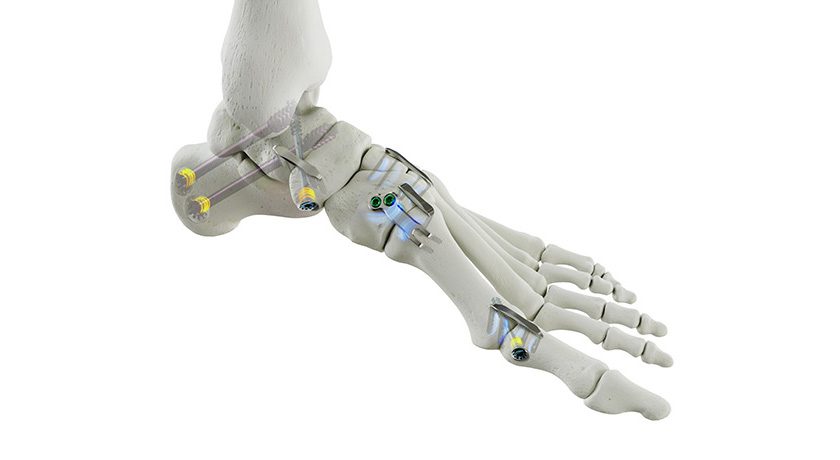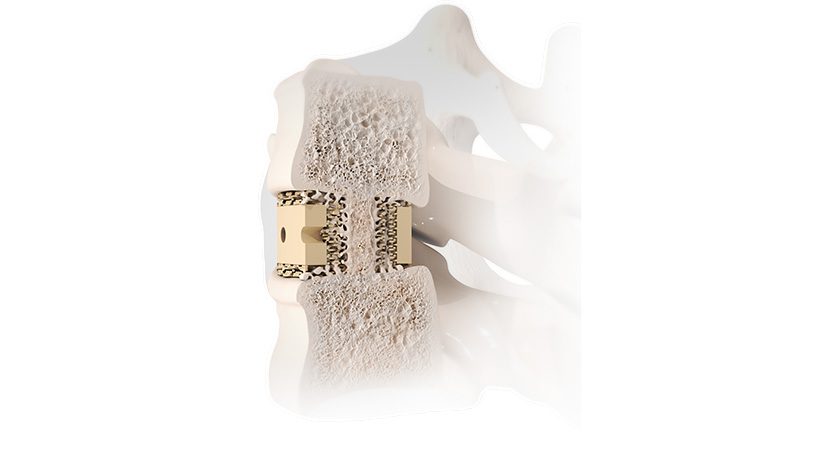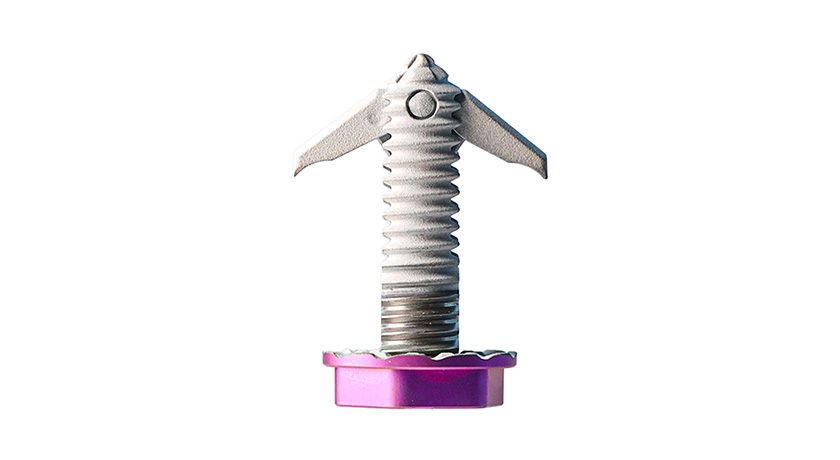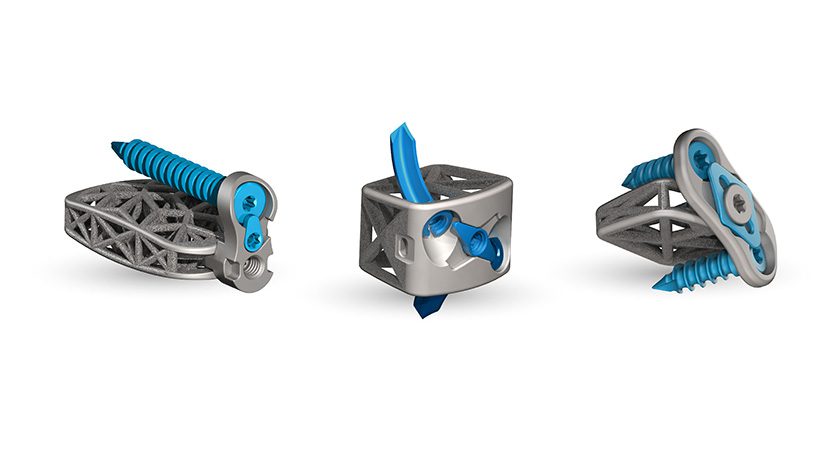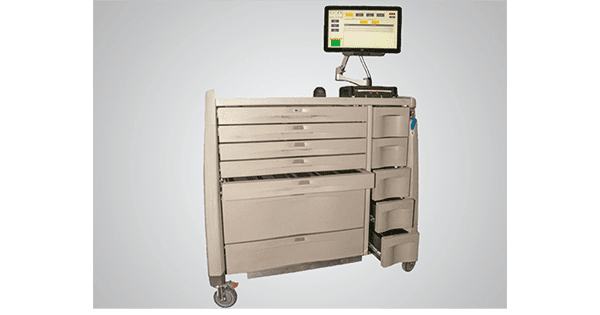

 Copy to clipboard
Copy to clipboard 
Gramercy Extremity Orthopedics (GEO) was issued U.S. Patent No. 10,878,953, “Surgical Product Supply System and Method,” covering the GEO CART® RFID Delivery System.
The first surgery using GEO™ Bone Screw and GEO CART systems occurred in 2017.
“When we founded this company, the GEO RFID technology was the cornerstone of the initiative to change the way orthopedic surgeries are done. From the outset, our goals were clear; increase patient safety and reduce healthcare costs. Receiving this patent is another validation that GEO’s technology focus is helping to achieve these goals, and it is truly a milestone event in the history of our company. The impact this system is currently having in healthcare is significant, but what the future holds for GEO is even more important. The company will continue to make good on the promise GEO made to both patients and healthcare facilities throughout the country,” said Michael Simpson, GEO’s Chief Executive Officer. “Considering the disruptions in our segment of orthopedics caused by COVID-19, we are proud that the GEO CART® technology can provide meaningful support to the initiatives for protecting the safety of both patients and healthcare workers.”
Paul Vasta, GEO’s Chief Technology Officer and co-inventor, said, “This patent represents the innovative approach GEO takes in meeting our objectives of delivering efficiency and safety to our customers, in this case related to the GEO CART®, but the same is true for our implants, instruments, packaging, and software solutions. Our drive toward continued innovation and improvement persists, and we look forward to additional patents and novel solutions in the future.”
Gramercy Extremity Orthopedics (GEO) was issued U.S. Patent No. 10,878,953, "Surgical Product Supply System and Method," covering the GEO CART® RFID Delivery System.
The first surgery using GEO™ Bone Screw and GEO CART systems occurred in 2017.
“When we founded this company, the GEO RFID technology was the cornerstone of the...
Gramercy Extremity Orthopedics (GEO) was issued U.S. Patent No. 10,878,953, “Surgical Product Supply System and Method,” covering the GEO CART® RFID Delivery System.
The first surgery using GEO™ Bone Screw and GEO CART systems occurred in 2017.
“When we founded this company, the GEO RFID technology was the cornerstone of the initiative to change the way orthopedic surgeries are done. From the outset, our goals were clear; increase patient safety and reduce healthcare costs. Receiving this patent is another validation that GEO’s technology focus is helping to achieve these goals, and it is truly a milestone event in the history of our company. The impact this system is currently having in healthcare is significant, but what the future holds for GEO is even more important. The company will continue to make good on the promise GEO made to both patients and healthcare facilities throughout the country,” said Michael Simpson, GEO’s Chief Executive Officer. “Considering the disruptions in our segment of orthopedics caused by COVID-19, we are proud that the GEO CART® technology can provide meaningful support to the initiatives for protecting the safety of both patients and healthcare workers.”
Paul Vasta, GEO’s Chief Technology Officer and co-inventor, said, “This patent represents the innovative approach GEO takes in meeting our objectives of delivering efficiency and safety to our customers, in this case related to the GEO CART®, but the same is true for our implants, instruments, packaging, and software solutions. Our drive toward continued innovation and improvement persists, and we look forward to additional patents and novel solutions in the future.”

You are out of free articles for this month
Subscribe as a Guest for $0 and unlock a total of 5 articles per month.
You are out of five articles for this month
Subscribe as an Executive Member for access to unlimited articles, THE ORTHOPAEDIC INDUSTRY ANNUAL REPORT and more.
JV
Julie Vetalice is ORTHOWORLD's Editorial Assistant. She has covered the orthopedic industry for over 20 years, having joined the company in 1999.


